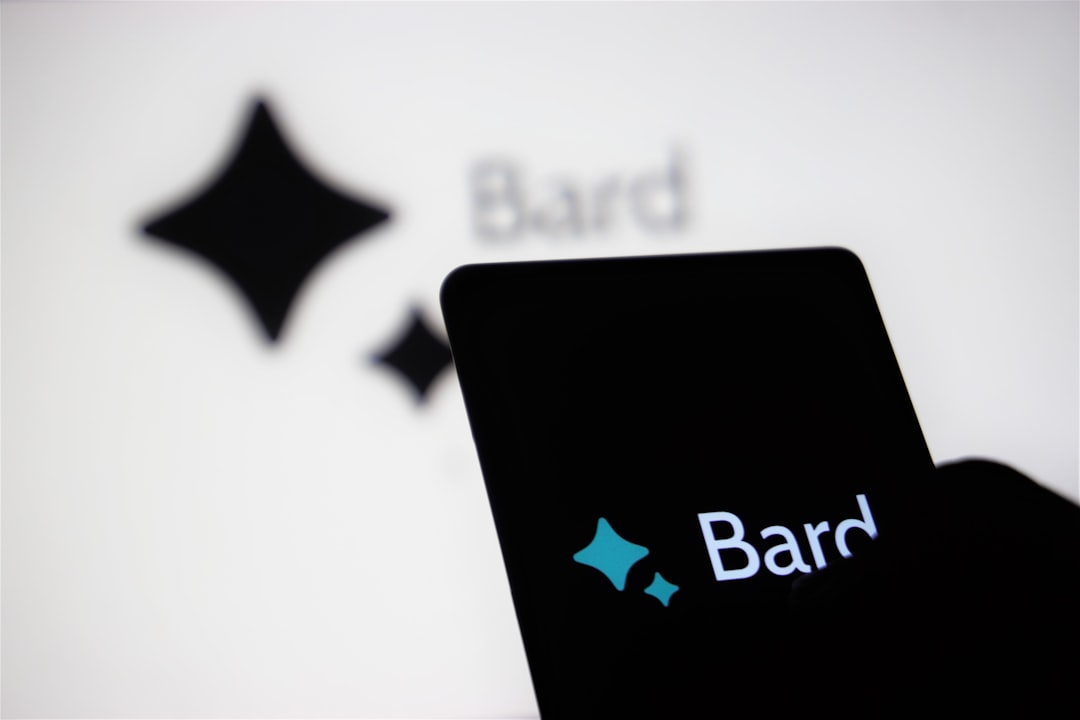The Dawn of the AI Era: No Replacement for Being Human
A common misconception surrounding Artificial Intelligence is that it's on a path to make human minds obsolete. This fear, quite possibly drawn from high-profile Hollywood theorizing and wild sci-fi scenarios, often overlooks the genuine purpose of AI availabilities. AI isn't looming over us with an aim to take over our places, our ideas, our creativity. Instead, Artificial Intelligence is an automatic validation mechanism that checks and balances our innovative ideas. The function of AI goes beyond handling automated duties; it provides concise solutions to complex questions, something that has been transforming the way we live and work.
Staring Down the AI Misconception: Here's the Truth
AI cannot, and never will, recreate genuine human creativity. It learns from human motives, generates patterns based on previous information and produces results that are deemed most likely to yield positive outcomes. However, this learning process never comes close to rivaling the boundless essence of human creativity. The creative process is spontaneous and unpredictable. It’s a raw, undomesticated surge of originality that no algorithm can replicate.
Deep-seated in every human is the seemingly inherent ability to show and feel compassion, a trait that is beyond the hem of algorithmic existence. While AI can respond to emotional cues, it does not truly understand them. Therefore, AI cannot fully reciprocate empathy because it does not feel emotions, making the realm of compassion exclusive to humans alone.
While Artificial Intelligence can learn, adapt and predict, it lacks the joy in assuming the torch of human creativity, compassion, and connection.
Harnessing AI: A Catalyst to Enhance These Human Traits
While AI can't replace these human traits, it can, in many interesting ways, help to enhance them. AI, with its data-driven insights, can feed into our creative processes in unimaginable ways. By presenting patterns and precedents we may overlook, AI nudges us to think along well-blocked channels, seeding fresh creative ideas. Its use creates an environment for thoughts and ideas that wouldn't spark in an 'AI-free' zone.
In terms of compassion and connection, AI could play an interesting role too. Consider virtual therapy applications that employ AI to reach out to people, breaking barriers of location and timings. Deploying empathetic messaging derived by AI can channel humanly compassion towards many in need. Similarly, AI-backed platforms could connect people across various scales, cultures, or geographies, an opportunity to build stronger and more diverse social connections.
Instead of bearing the fear of being replaced by AI, we should recognize it as an opportunity to help us become more creative, compassionate, and connected.
AI: Our Tool, Our Ally, Not Our Replacement!
AI should be seen as a validation mechanism for our thoughts, a tool to supplement our creativity, and a catalyst to widen our spectrum of compassion and human connection. By not fearing the rise of AI, we can instead embrace the possibilities it unfolds and use it as an ally to aid us in our quest for progress.
Ultimately, AI applications rely wholly on human inputs. They need us to ask the questions they answer. We need to program the empathetic replies. We should model the patterns for creative ideas. While definitely assisting us by doing so much, AI is existentially incapable of either being a human or replacing one.
Artificial Intelligence may rival natives in number crunching, but they lack the magic of human touch. AI is our tool to use, not our replacement.
In conclusion, the AI revolution isn't a prelude to an apocalypse where machines overrun humans. It's an era where machines make life better for humans. Evolved, improved, and efficiency-oriented we certainly would be, thanks to AI. But replaced? Never. For no AI can learn the art of being human, no matter how sophisticated it gets.
AI aficionado, growth hacking hotshot, and startup savant turning 'aha' moments in the bath into growth ideas for startups.

